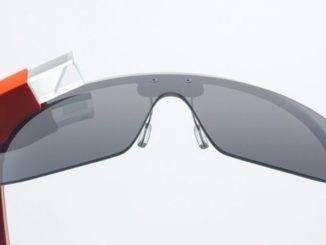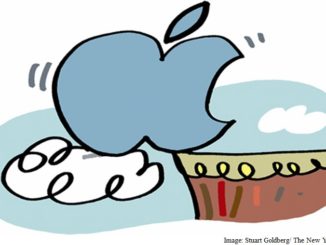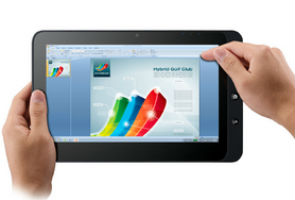
Google Glass finally available to all on the Play Store
Google Glass has been unnecessarily exhausting to come back by prior to now requiring invites or successful contests to have the ability to purchase one…till […]

Google Glass has been unnecessarily exhausting to come back by prior to now requiring invites or successful contests to have the ability to purchase one…till […]

Home | Mobiles | Mobiles Features No Need to Fret, Apple Is Doing Fine Farhad Manjoo, The New York Times , 28 January 2016 Let's get this out of the way first: Despite what you may have heard, the iPhone is not dying. Neither, by extension, is Apple.
It's true that in an earnings report Tuesday, after weeks of speculation by Wall Street that iPhone sales would finally hit a peak, Apple confirmed the news: iPhone sales grew at their lowest-ever rate in the last quarter. And the company projected total sales of as much as $53 billion (roughly Rs. 3,61,532 crores) in the current quarter that ends in March, which would be a decline of 8.6 percent from last year and Apple's first revenue drop in more than a decade.
But if Apple is now hitting a plateau, it's important to remember that it's one of the loftiest plateaus in the history of business. The $18.4 billion (roughly Rs. 1,25,518 crores) profit that Apple reported Tuesday is the most ever earned by any company ..

Home | Science | Science Features Google Mastered a Game That Vexed Scientists – and Their Machines – for Decades Matt McFarland, The Washington Post , 1 February 2016 Artificial intelligence took a historic step forward last week when a Google team announced that it taught a machine to master the ancient Chinese game Go, a feat researchers have chased for decades.
While computers learned to outclass humans at checkers and chess in the '90s, Go – a 2,500-year-old game – was still vexing computer scientists. Because the game offers players a nearly infinite number of moves – and is difficult to score in the middle of a match – it has proved to be the most difficult of classic games to teach computers to play.
But that all changed last week as Google's researchers brought a fresh approach and wealth of computing power to findings published in the scientific journal Nature.
“It's a real milestone and surprise for me how quickly things have happened,” said Martin Muller, a p..

Viewsonic's new tablet has a unique solution for consumers who are still clinging to Microsoft's Windows, even as Google's Android operating system gains traction: It offers both.
The ViewPad 10 is a dual-boot unit. It can launch either Windows 7 or Android as you start the computer.
Out of the box, the specs are impressive. The ViewPad has a 10.1-inch display, which is larger than the iPad's 9.7 inches. It weighs less than two pounds, has built in Wi-Fi and Bluetooth and is stuffed with a relatively fast Intel 1.66 GHz processor. It costs $599 for the 16-gigabyte version, and $679 for double the memory.
The ViewPad has a built-in camera. The resolution is just 1.3 megapixels, well short of what the iPhone and other smartphones offer. So, don't expect great images.
The device also features a mini VGA port, a standard audio jack, two USB ports and a MicroSD card slot. It's pretty full-featured for a tablet.
The computer comes with Windows 7 Home Premium ins..

It took years for the Internet to reach its first 100 computers. Today, 100 new ones join each second. And running deep within the silicon souls of most of these machines is the work of a technical wizard of remarkable power, a man described as a genius and a bully, a spiritual leader and a benevolent dictator.
Linus Torvalds – who in person could be mistaken for just another a paunchy, middle-aged suburban dad who happens to have a curiously large collection of stuffed penguin dolls – looms over the future of computing much as Bill Gates and the late Steve Jobs loom over its past and present. For Linux, the operating system that Torvalds created and named after himself, has come to dominate the exploding online world, making it more popular overall than rivals from Microsoft or Apple.
But while Linux is fast, flexible and free, a growing chorus of critics warn that it has security weaknesses that could be fixed but haven't been. Worse, as Internet security has surged as a subject..
Copyright © 2024 | WordPress Theme by MH Themes